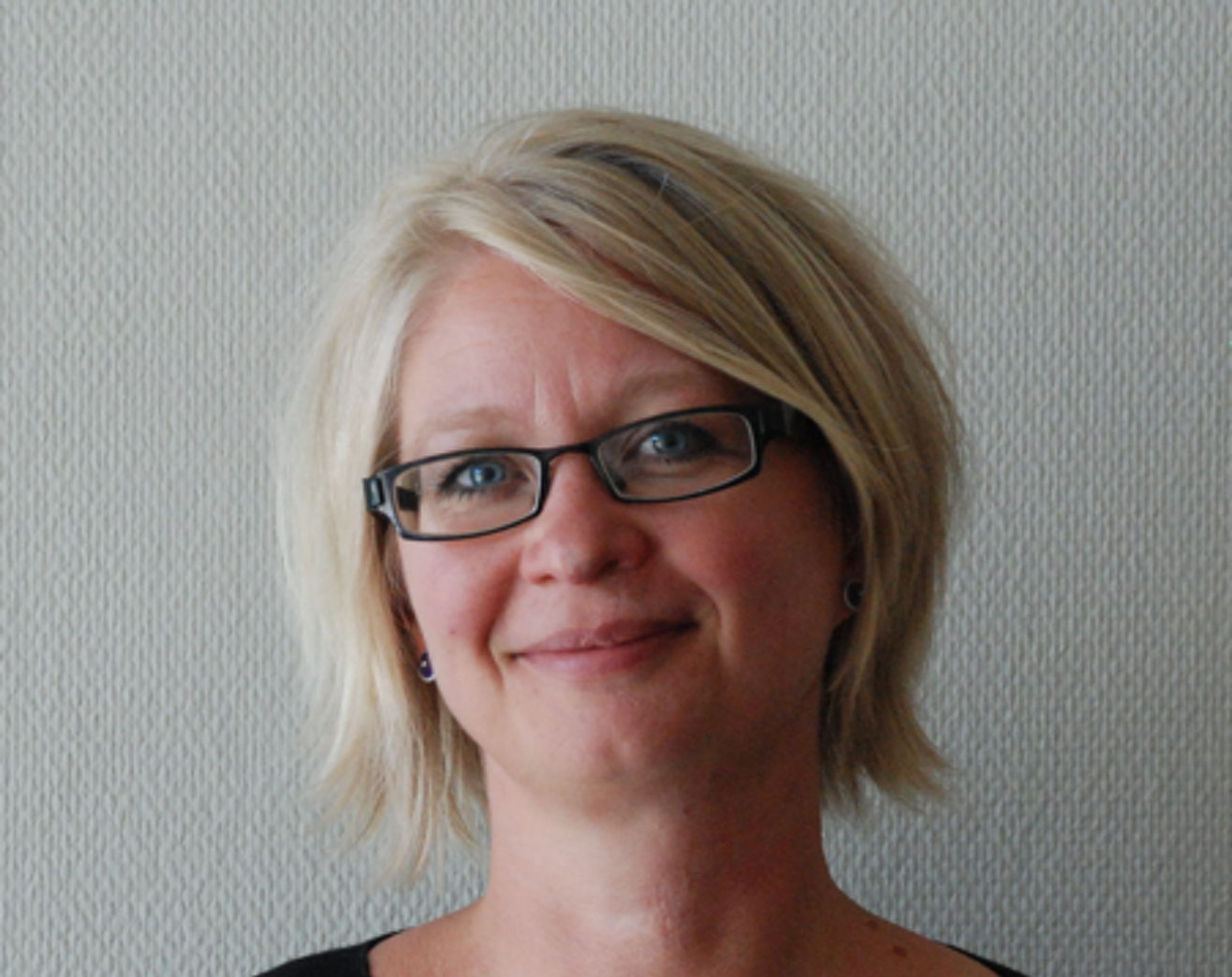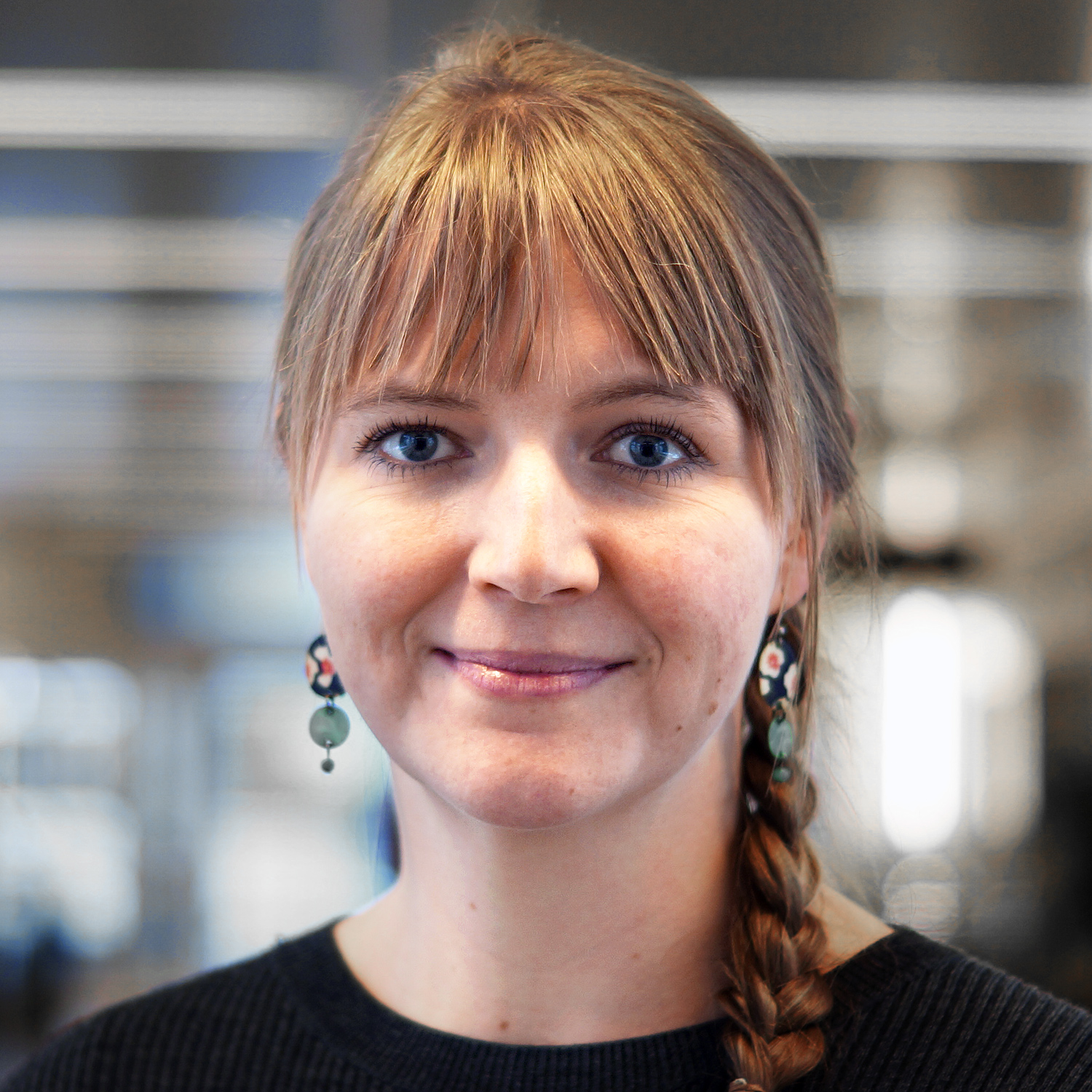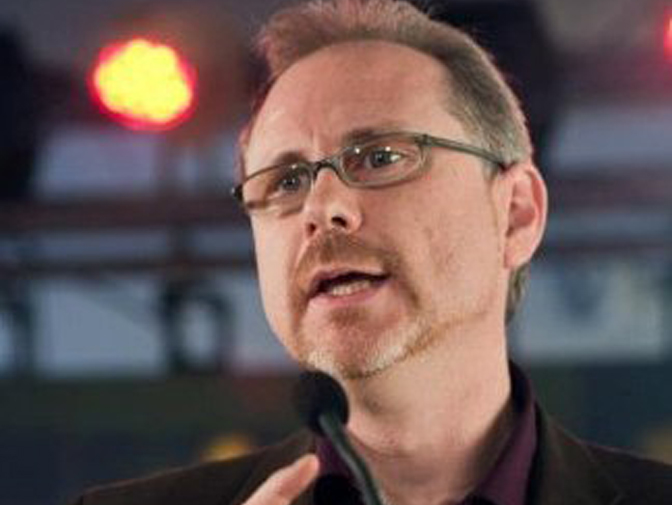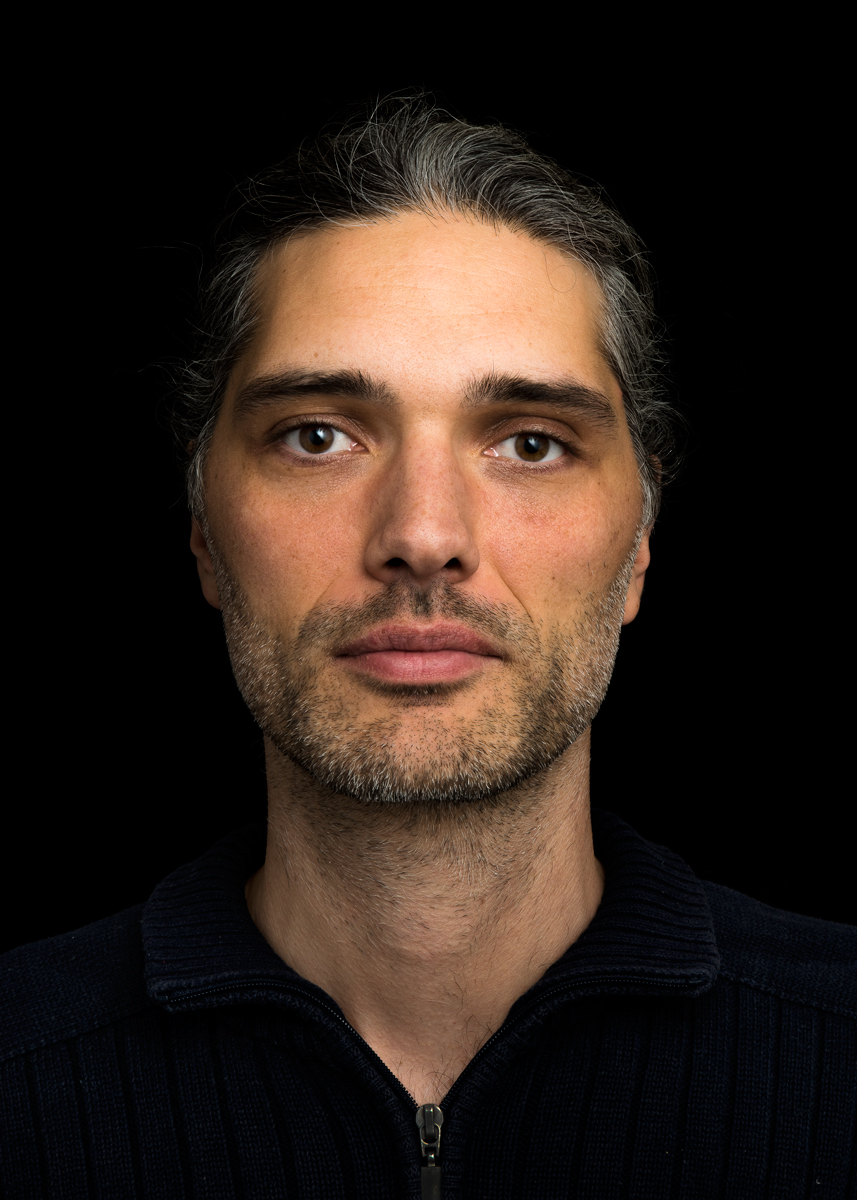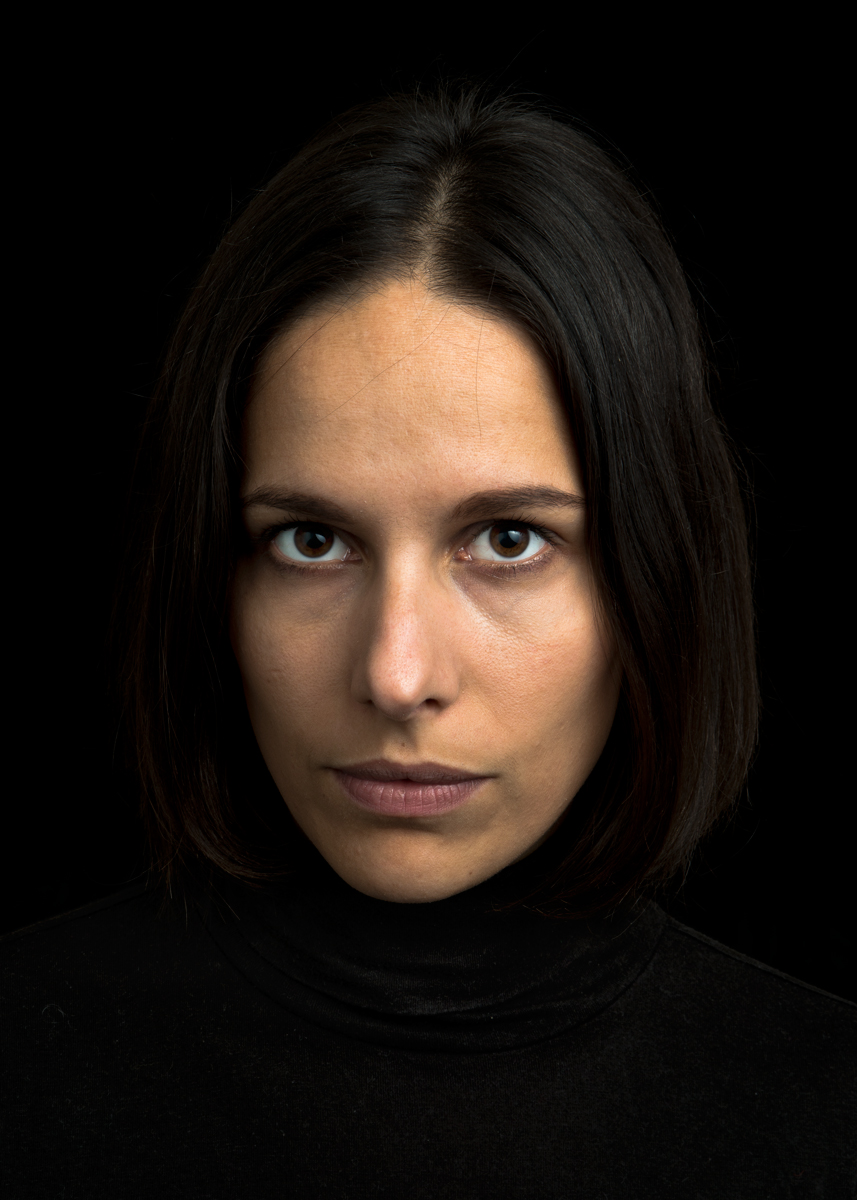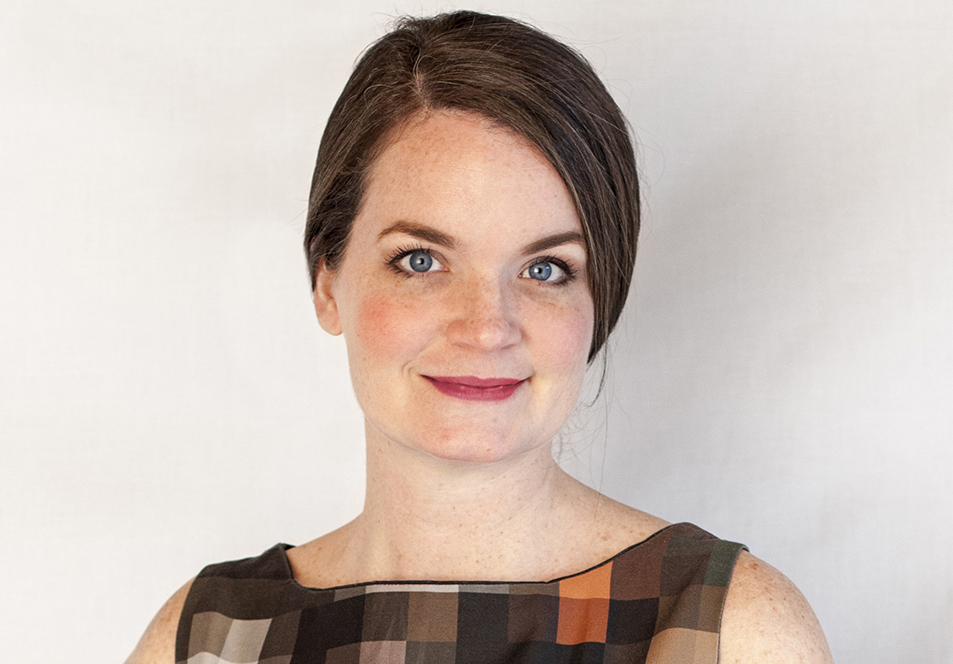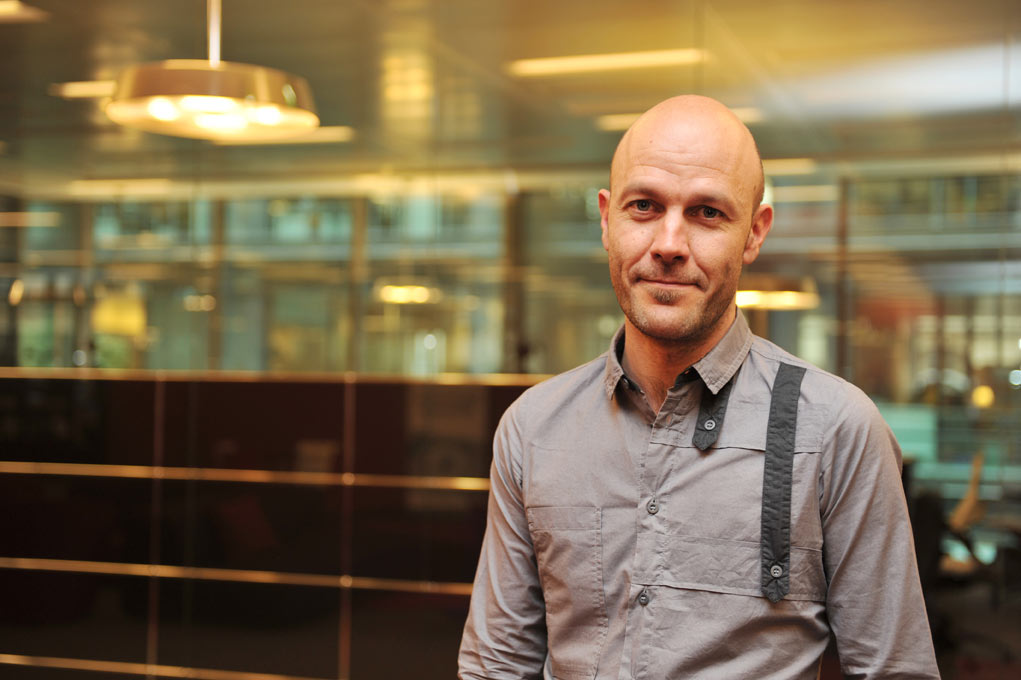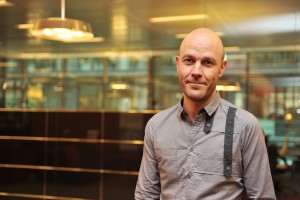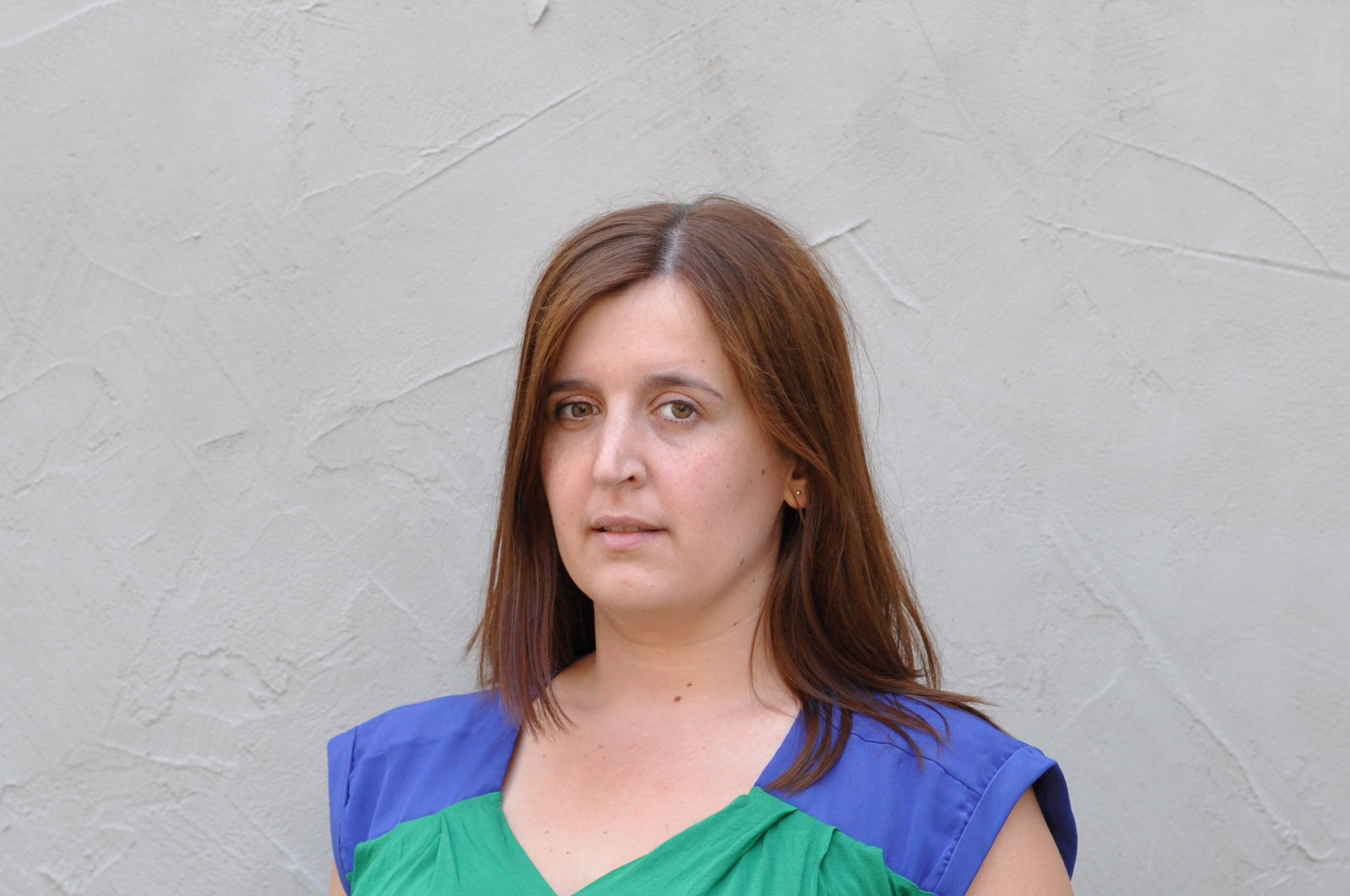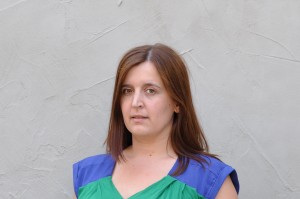Dokk1 – Building on a Burning Platform
Dokk1 – Aarhus’ new main library – opened in June 2015. The talk will focus on Dokk1 as a result of many years of prototyping, design thinking, testing, researching and a highly inclusive process as well as discuss how Dokk1 has become an example of what can come from the emergent necessity of rethinking spaces, services and community engagement. Working intensely with involvement of a massive amount of new and non-traditional partnerships on all levels of the organization in order to develop new service designs and events, space praxis has been redefined. Through user involvement the identity and spaces in Dokk1 have changed our library identity forever. It has turned the library into a city square, with all the transparency, diversity and mutual ownership that follows such a change.
About Marie Østergaard
Marie is Library Director at Aarhus Public Libraries. Since 2001, she has been part of Aarhus Public Libraries’ development of the physical library of the future. Focusing on interactions, user-involvement, network-development, prototyping and communication in the physical library space, Aarhus has investigated new technologies, involvement processes and learning. In a wide range of projects and processes with users, network and partners she has focused on the development of the “next library” – the library of the future. From 2005, Marie was the project leader of the building of Dokk1, implementing and developing these ideas as well as introducing new forms of user- and citizen involvement in the planning and building of Dokk1. Marie is also part of Ineli – International Network of Emerging Library Innovators.

